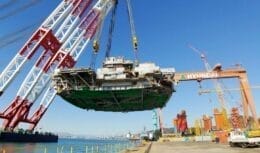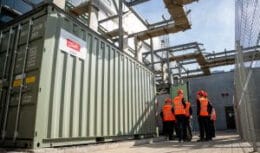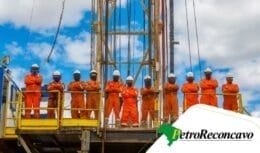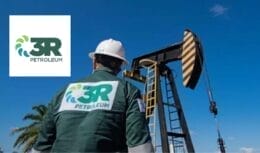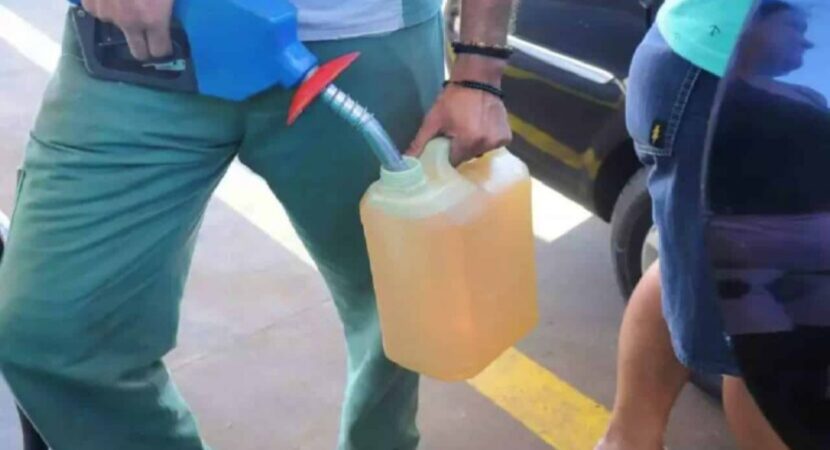
The ICMS collection ceiling is an emergency and temporary solution to contain the constant increases in gasoline and diesel fuels.
The price of gasoline at refineries increased from R$ 3,86 to R$ 4,06 per liter, registering an increase of 5,18%. The liter of diesel rose from R$ 4,91 to R$ 5,61, which is equivalent to a readjustment of 14,26%. Data were announced by Petrobras on June 17th.
The increase in gasoline and diesel fuels should further leverage inflation, which is already at 11,73% in the accumulated 12 months. As Brazilian trade logistics are strongly linked to road transport and practically everything consumed comes from truck freight, the rise in fuel prices will cause a chain reaction in product prices.
“Brazil is a country very dependent on road transport to supply the consumption chains, every fuel adjustment directly impacts the cost of freight, affecting the price of products”, says Richard Clayton, entrepreneur and president of Trinta Percento.
For Richard, the constant increase in the prices of products reduces the income of Brazilians. “It creates difficulty in consuming more products and in the merchants who sell the products as well”, he comments.
Pressure on Petrobras
In recent years, the state-owned company has come under harsh criticism from the President of the Republic, Jair Bolsonaro (PL). The president recently said that the company's profit "is something that nobody can understand" and suggested the installation of a Parliamentary Commission of Inquiry (CPI) to investigate directors and members of the board of directors.
Already Arthur Lira (PP-AL), president of the Chamber of Deputies, demanded the immediate resignation of the former president of the company, José Mauro Ferreira Coelho.
The deputy's request was granted: the state-owned company announced the resignation of the then president, José Mauro, on the 20th. The former president is the third in command of the company in the “Bolsonaro Era”.
price increase
As pointed out by the Brazilian Institute of Economics of the Getulio Vargas Foundation (FGV Ibre), the increase in fuel prices will have an impact of 0,14 percentage points on the Extended National Consumer Price Index (HICP), being diluted in June and July.
The IPCA is an index whose function is to measure the price variation of a basket of products and services consumed by the country's population, indicating the variation from month to month.
“In this month's IPCA, only half of that increase should be priced. Inflation this year, in my estimation, will be 9,2%, already considering the effects of this fuel readjustment”, pointed out André Braz, coordinator of the institution's price indices.
to consumers
According to Petrobras analyses, the consumer price of gasoline may increase, on average, from R$ 2,81 to R$ 2,96 for each liter sold at the pump — a variation of R$ 0,15 per liter. In the case of diesel, the share of the state may go from R$ 4,42 to R$ 5,05 for each liter sold at the stations, the increase will be at least R$ 0,63 per liter.
Although the increase is imminent, the determination of the “collection ceiling” of 17% on ICMS on fuel, already approved by the Chamber of Deputies, could alleviate the values by up to 9%, according to specialists.
“The ICMS collection ceiling is an emergency and temporary solution to contain the constant increases in gasoline and diesel fuels. The government is looking for a way to ensure stability in fuel prices and, for that, is determining the ICMS ceiling. However, this ceiling is not enough to cover the revenues of the States”, analyzes Richard.
For the entrepreneur, the consecutive increases are increasingly worrying consumers. The banks and institutions consulted in a survey by Projeções Broadcast analyze that the Central Bank should raise the Selic Rate (main interest rate in the country) to 13,75% per year at the end of the monetary tightening cycle. A week ago, the estimate was 13,25%.
“Depending on the way used, the government runs the risk of increasing its debts in general, bringing economic risks to Brazil, which, for investors, sounds bad and reduces the interest in investing in the country”, concludes Richard.

